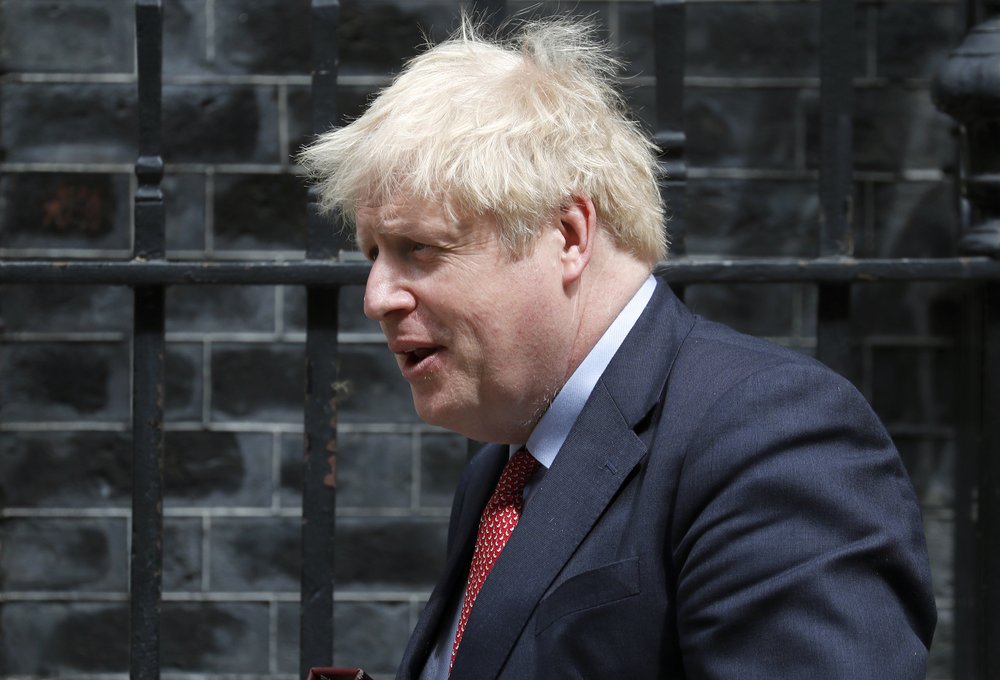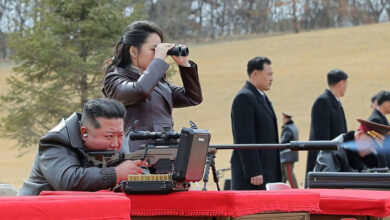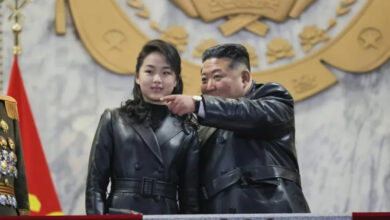
LONDON (Reuters) – Britain announced on Monday it would suspend its extradition treaty with Hong Kong in an escalation of a dispute with China over its introduction of a national security law for the former British colony.
Foreign Secretary Dominic Raab told parliament the treaty would be suspended immediately and an arms embargo would be extended to Hong Kong.
“We will not consider reactivating those arrangements, unless and until there are clear and robust safeguards, which are able to prevent extradition from the UK being misused under the new national security legislation,” Raab said.
The ban is another nail in the coffin of what then Prime Minister David Cameron in 2015 cast as a “golden era” of ties with China, the world’s second-largest economy.
London has been dismayed by a crackdown in Hong Kong, which returned to Chinese rule in 1997, and the perception that China did not tell the whole truth over the coronavirus outbreak.
“Extraditions between Hong Kong and the UK are extremely rare, so this is a symbolic gesture, but a very important one,” said Nick Vamos, Partner at London law firm Peters & Peters.
Raab said he would extend a longstanding arms embargo on China to include Hong kong, meaning no exports of weapons or ammunition and a ban on any equipment which might be used for internal repression, like shackles and smoke grenades.
Australia and Canada suspended extradition treaties with Hong Kong earlier this month. U.S. President Donald Trump has ended preferential economic treatment for Hong Kong.
Last week Prime Minister Boris Johnson ordered equipment from China’s Huawei Technologies [HWT.UL] to be purged completely from Britain’s 5G network by the end of 2027.
China – once courted as the prime source of investment in British infrastructure projects from nuclear to rail – has accused Britain of pandering to the United States.
Britain says the new security law breaches the guarantees of freedoms, including an independent judiciary, that have helped keep Hong Kong one of the world’s most important trade and financial centres since 1997.
Raab was pressed by fellow lawmakers to consider targeted sanctions against individuals, over both Hong Kong and concerns about China’s treatment of Uighur Muslims in its Xinjiang region, but he said any such measures were not imminent.
“We will patiently gather the evidence, it takes months,” he said.
Officials in Hong Kong and Beijing have said the law is vital to plug gaps in national security exposed by recent pro-democracy and anti-China protests. China has repeatedly told Western powers to stop meddling in Hong Kong’s affairs.
On Sunday, China’s ambassador to Britain warned of a tough response if London attempted to sanction Chinese officials, as some Conservative Party lawmakers have demanded.
Reporting by Andy Bruce and William James in London and Aakriti Bhala in Bengaluru; Editing by Angus MacSwan, Elizabeth Piper and Giles Elgood




